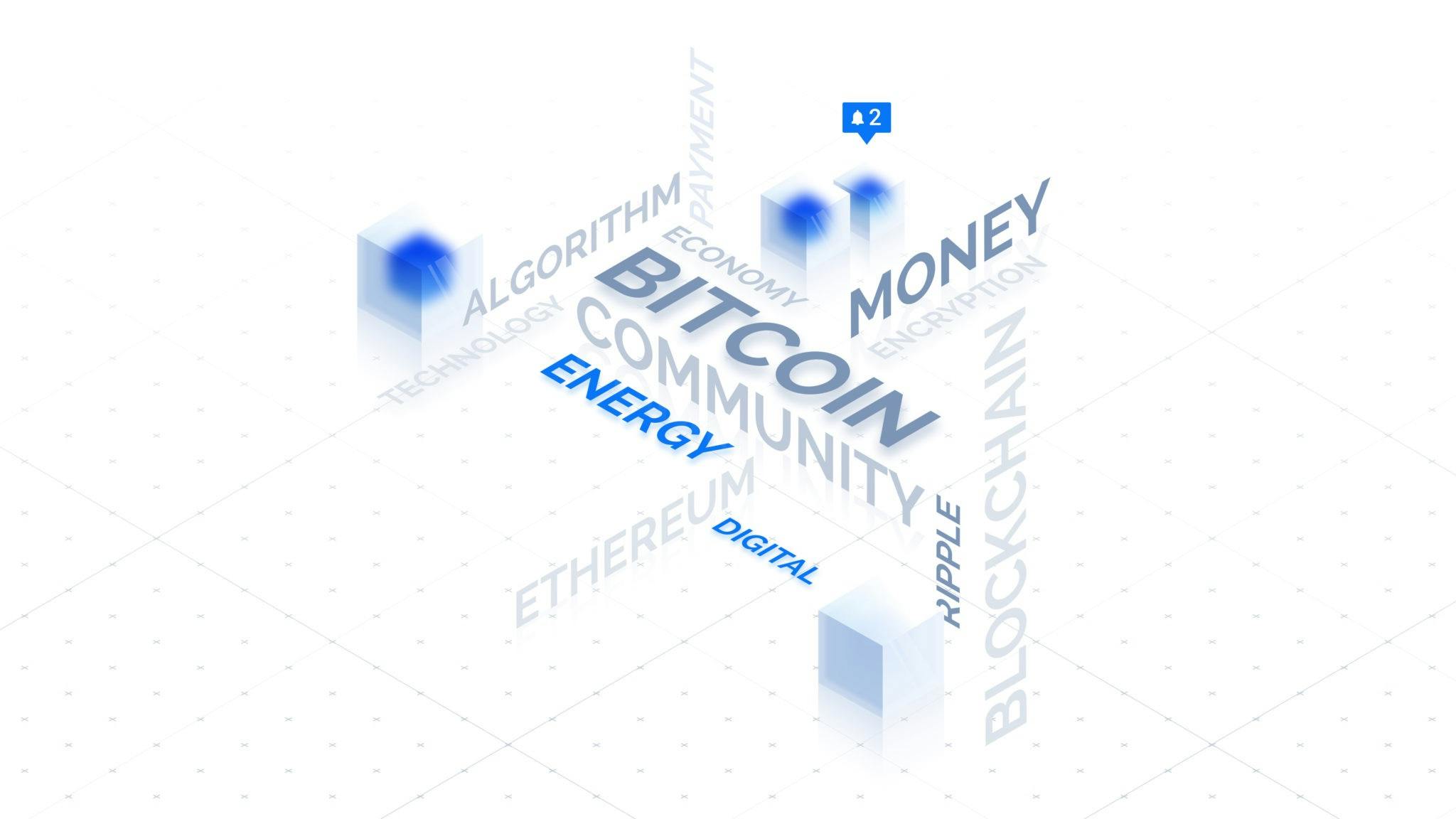532 reads
PARSIQ's Answer to Crypto-Crime and Crypto Exchange Compliance
by
April 15th, 2021

Connect blockchain activity to off-chain apps and devices. Monitor and secure DeFi applications.
About Author
Connect blockchain activity to off-chain apps and devices. Monitor and secure DeFi applications.
